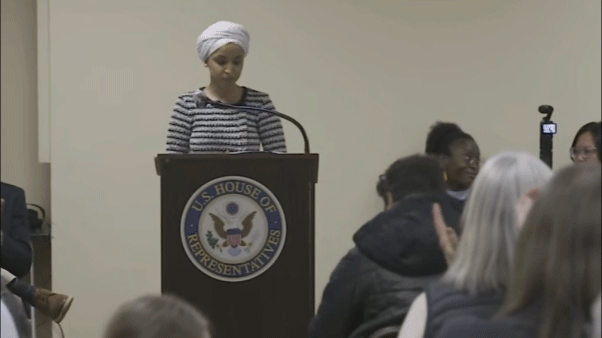Fox News Flash top headlines for September 29
Fox News Flash top headlines are here. Check out what's clicking on Foxnews.com.
Rep. Alexandria Ocasio-Cortez, D-N.Y., decided to reveal some "uncomfortable" personal information during a House Oversight Committee hearing about abortion, specifically regarding her personal method of birth control.
Before going into a question about treatment of ectopic pregnancies, the New York Democrat noted that such circumstances can arise from the failure of an intrauterine device, or IUD. Ocasio-Cortez also decided to announce that she uses one herself, blaming Republicans for the nature of the abortion debate.
"I, for example, since Republicans are forcing this conversation in uncomfortable ways, then I will meet them to it," Ocasio-Cortez said. "I have an IUD. I’ve had one for years."
The congresswoman then discussed the possibility of ectopic pregnancies when IUDs fail to work and asked witness Dr. Bhavik Kumar about what would happen in such a case in a state that has outlawed abortions except when a woman's life is in danger.
PLANNED PARENTHOOD DOCTOR TELLS CONGRESSMEN CAN GET PREGNANT: ‘THIS IS MEDICINE’
"Would that mean that if I were hospitalized in these states, you would have to wait until I was in the process — potentially — of actively dying before you could effectively treat me and my or anyone in our position’s life?" Ocasio-Cortez asked.
"To date, and to my knowledge, there are no laws that outlaw care for ectopic pregnancies," said Kumar, who is the medical director for primary and trans care at Planned Parenthood Gulf Coast.

Rep. Alexandria Ocasio-Cortez, D-N.Y., speaks during a news conference to discuss legislation that would strengthen Social Security benefits on Capitol Hill in Washington, D.C., on Oct. 26, 2021. (Drew Angerer/Getty Images)
Misinformation about not treating ectopic pregnancies spread on the internet after some states banned abortion in the wake of the Supreme Court's decision in Dobbs v. Jackson Women's Health Organization. Some claimed that women in those states could not legally get abortions until they were about to die. Kumar set the record straight by saying this was not the case, but claimed that there have been difficult situations due to confused doctors.
"What we’ve seen in Texas — because these laws are written by politicians and sometimes don’t make sense and are difficult to grapple with and understand by physicians who are practicing medicine — we have seen people denied access to that care and have actually seen somebody in Texas who left the state to get care for her ectopic pregnancy," Kumar said.
"So it’s very possible," he continued. "It depends on which health care provider you see, which clinic or hospital you may go to, because we’re interpreting these laws in real-time by physicians."















































